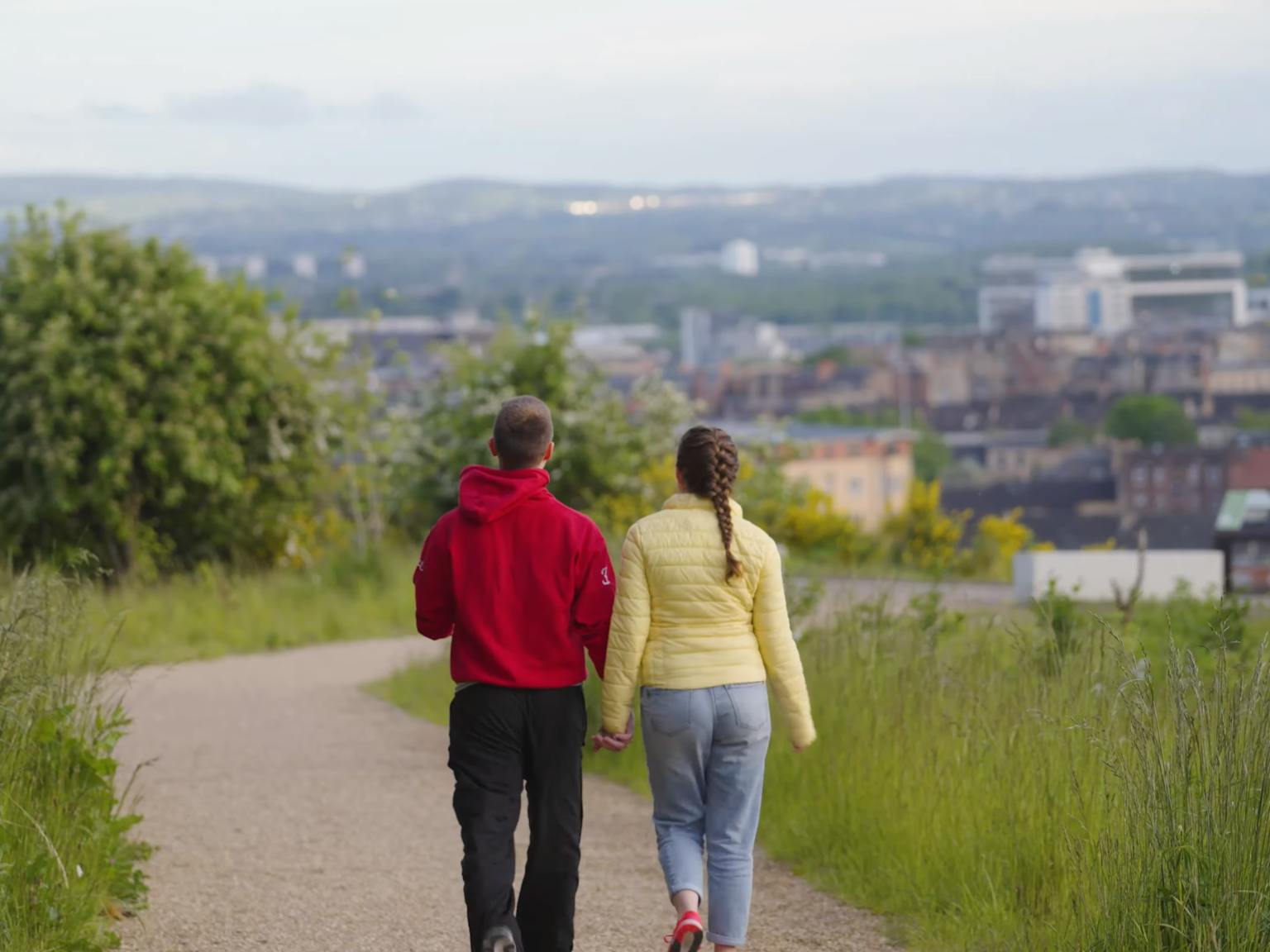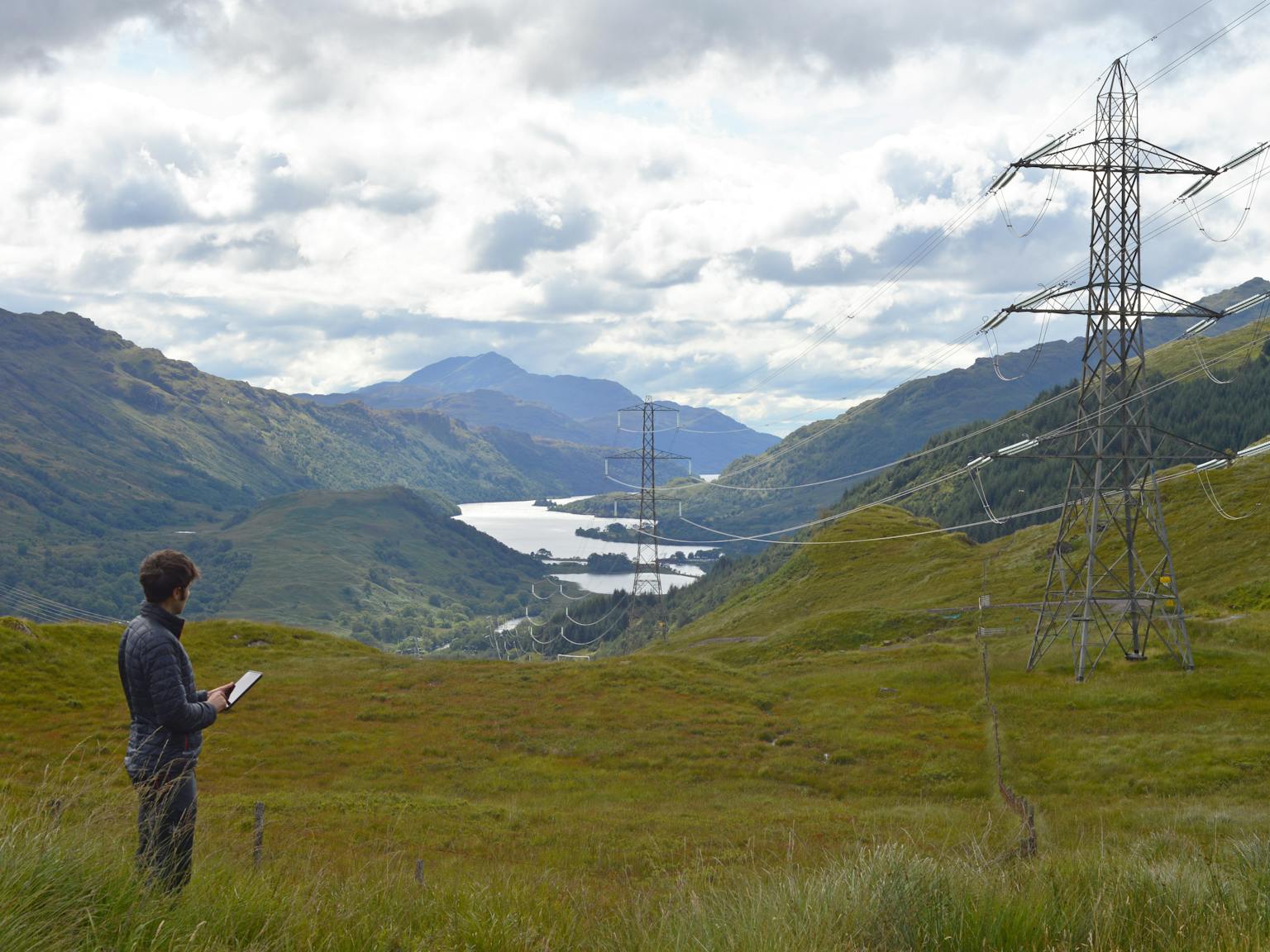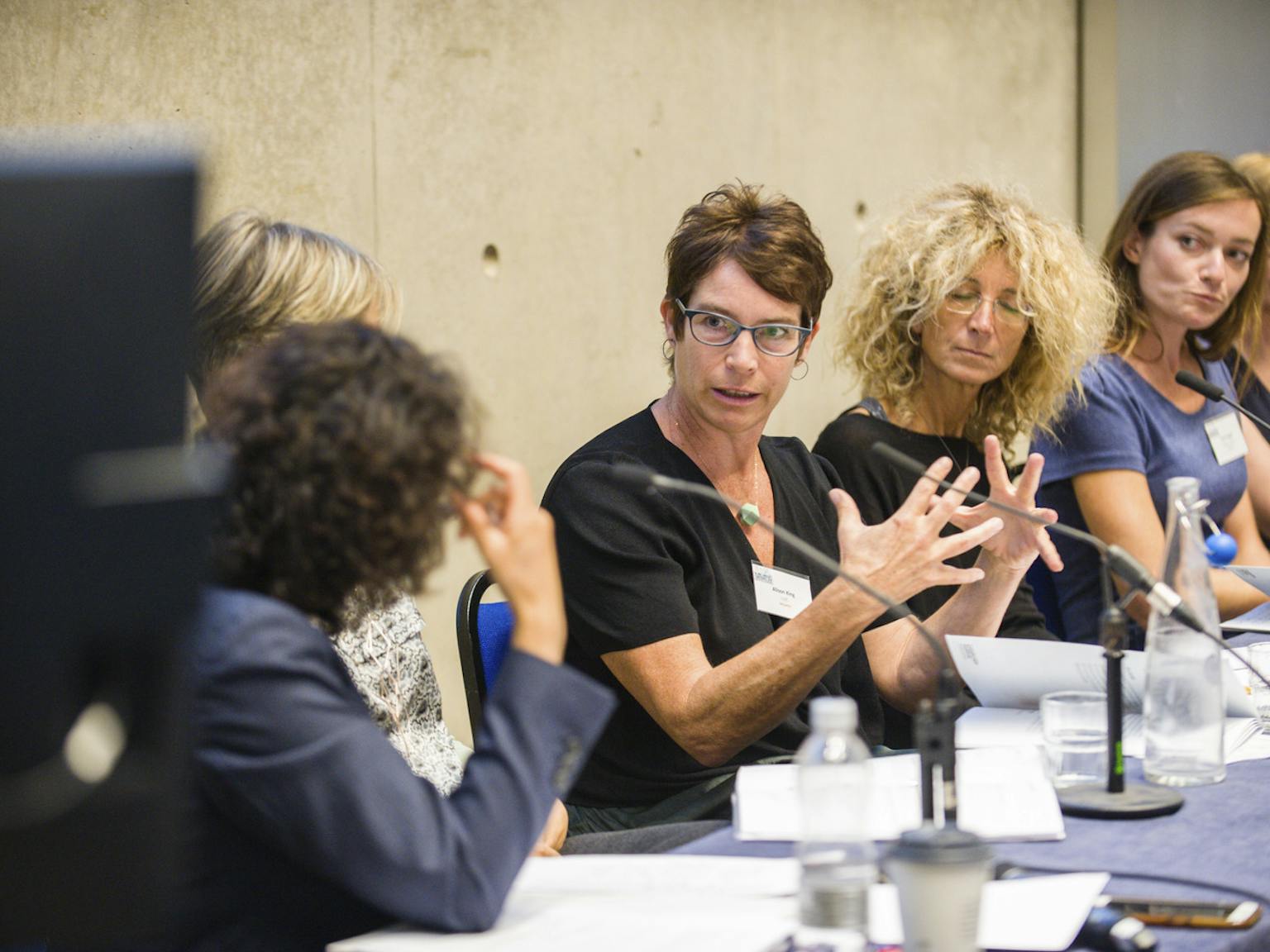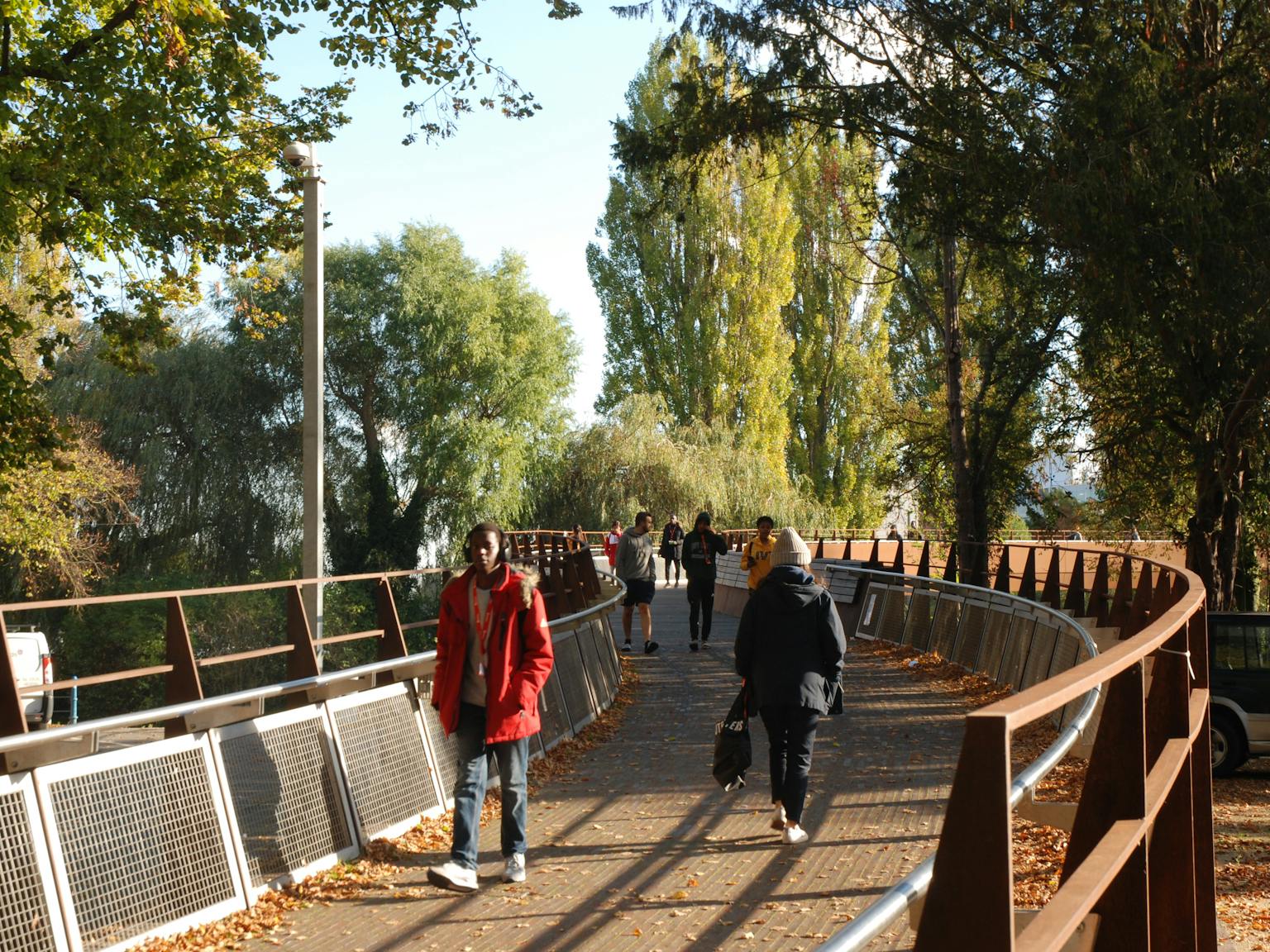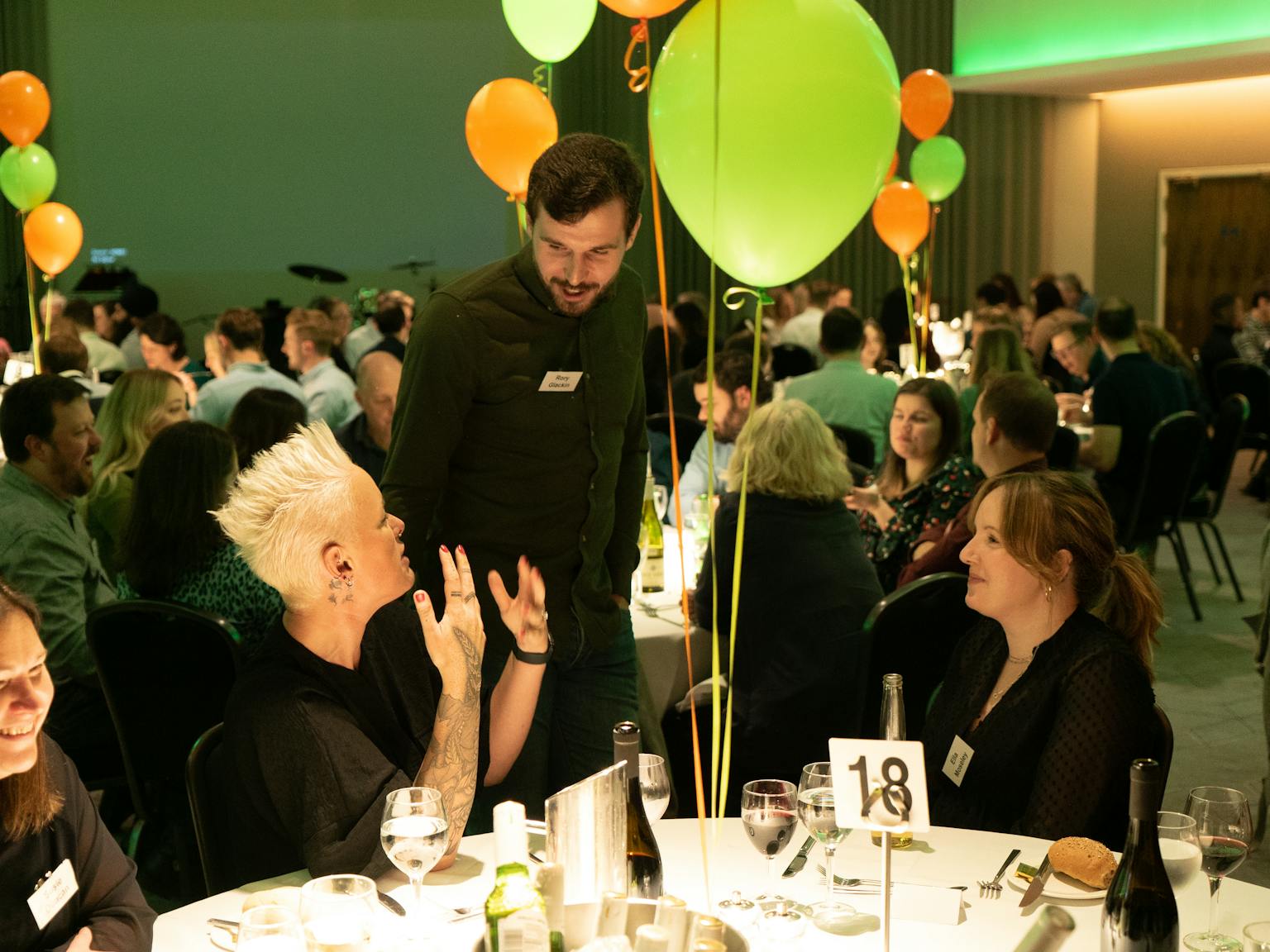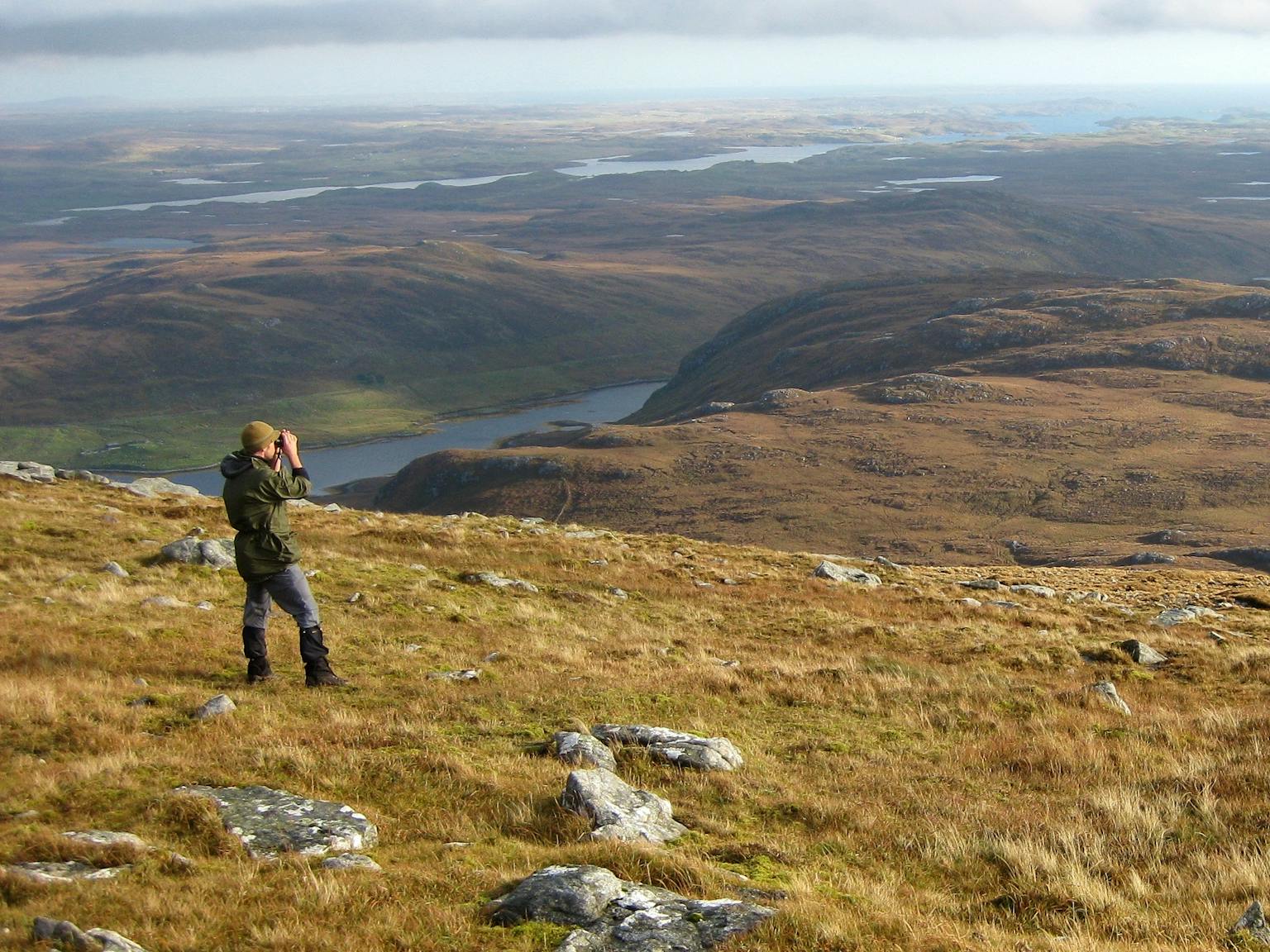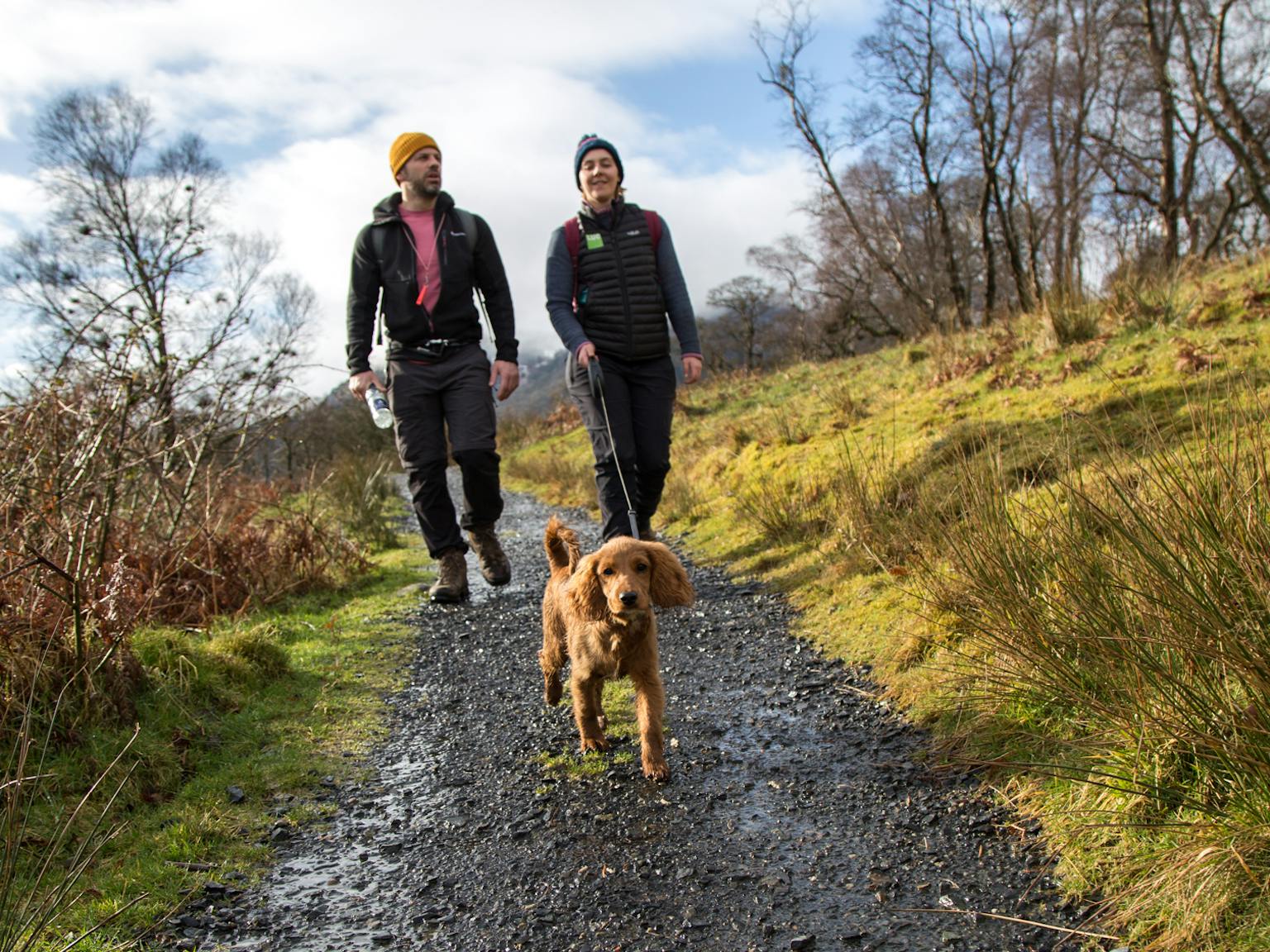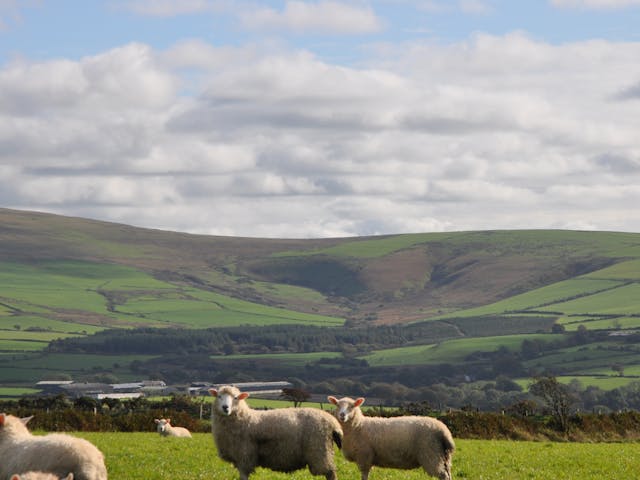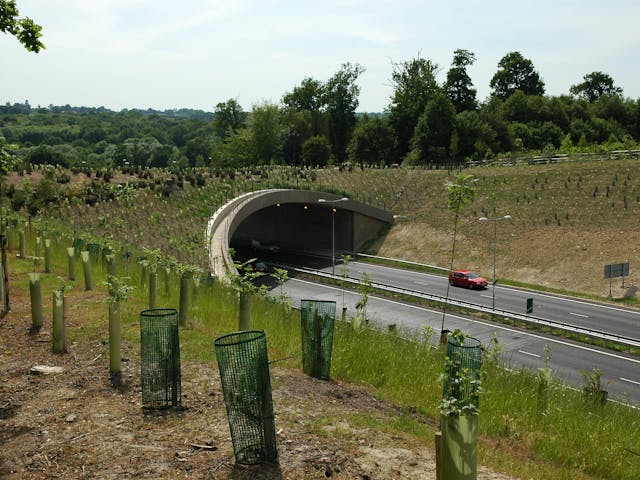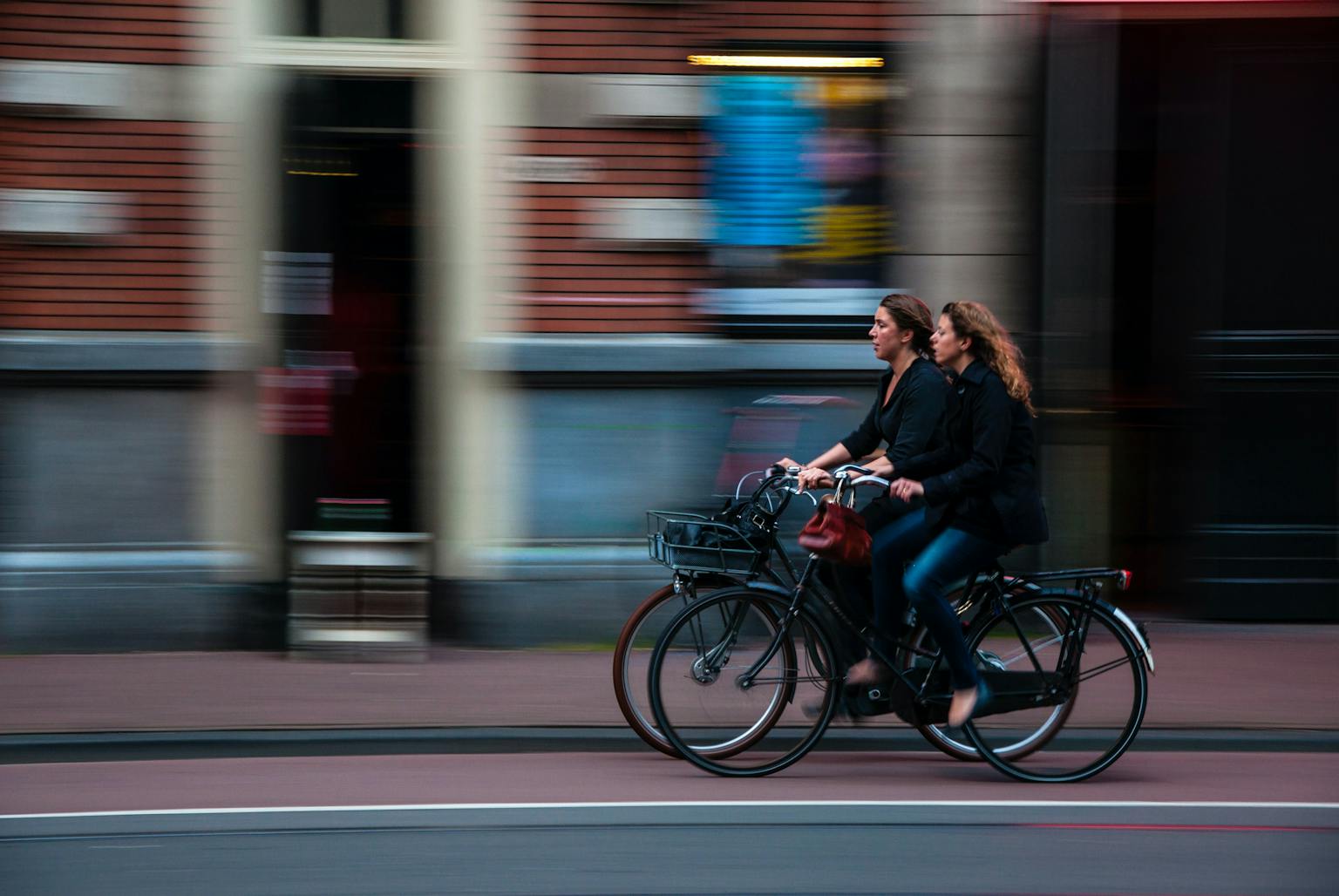
100 Years of Bike Week: Towards a net zero future
Bike Week is an annual celebration of cycling organised by Cycling UK. This year marks Bike Week’s 100th anniversary, marking a century of everyday cycling. A video by British Pathé titled National Bicycle Week (1923) provides a fascinating watch of thousands cycling through Hyde Park during the first National Bicycle Week.
This anniversary prompts us to reflect on how our cycling habits have evolved, and what lessons we can learn from the past 100 years.
How it all started?
Cycling experienced its first boom in the late 19th century. It provided a private and flexible means of longer-distance travel for the first time. Cycling opened an escape from the cities to the surrounding countryside, a wider pool of employment opportunities, and broadening their hyper-local lives.
By the late 1940s, the number of bicycles in the UK peaked, accounting for 20% of commuting journeys, second only to bus travel (Pooley and Turnbull, 1999, via ‘The history of transport systems in the UK’).
By the 2021 Census, that figure has reduced to 2% in England and Wales.
So, what changed?
We all know the answer. In 2021, 45.1% of us travelled to work by car. Car ownership expanded rapidly between 1950 and 1970, and with it, investment in motor vehicle infrastructure. Cycle infrastructure fell from the policy agenda.
The private motor vehicle pushed us further away from local living, directly influencing the built environment around us. Land use planning became more segmented, requiring us to travel greater distances from our homes, to jobs, to daily services, and perpetuating the need and use of the car. Our ‘local’ lives broadened again, this time significantly.
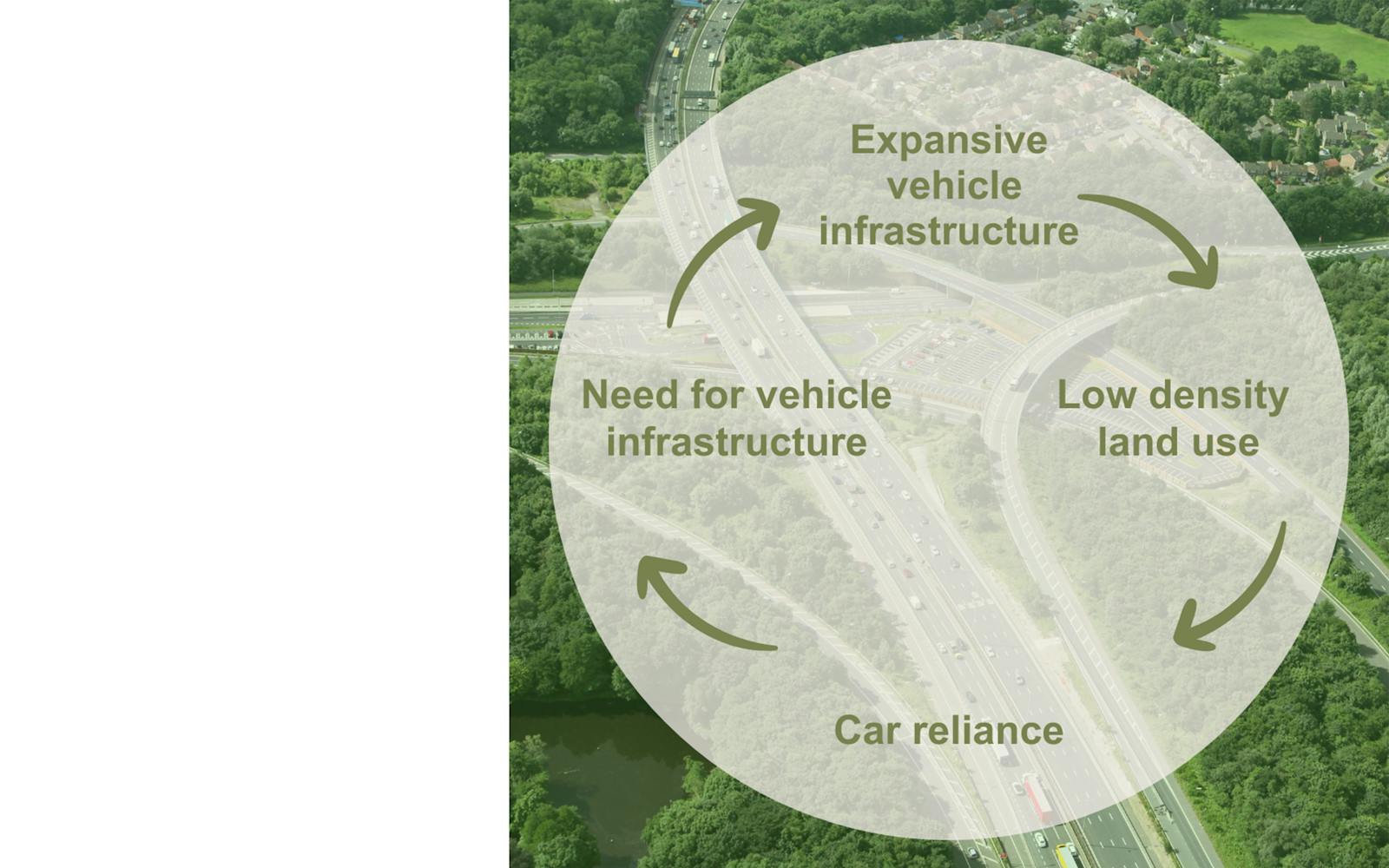
Next steps:
Returning to local living is the key to breaking this cycle, and land use planning should put sustainable transport front and centre.
Our Transport & Movement team is keenly aware of this and encouraged by the shifting policy agendas towards local living. Through this, we can unlock so many benefits: supporting local businesses, stronger community identities, increased road space for Green and Blue Infrastructure, reduced air pollution, and more social and vibrant streets. And of course, more active travel.
To achieve a net zero future, perhaps we need to learn from 1923 and rediscover the freedoms that cycling can bring.

